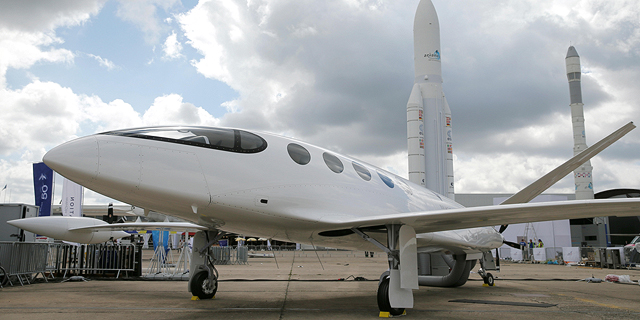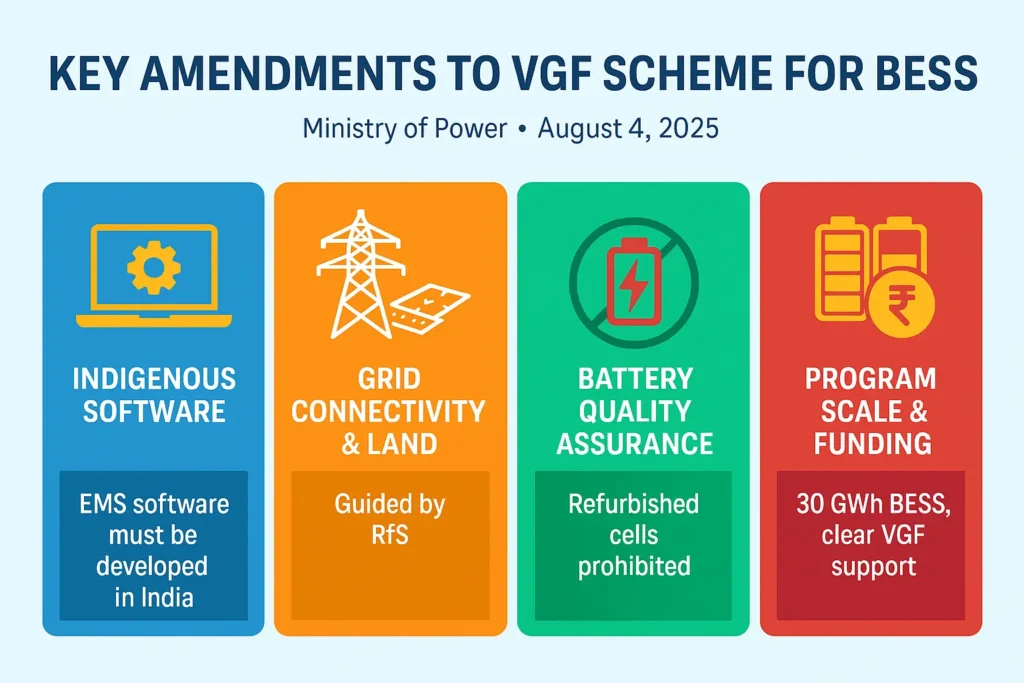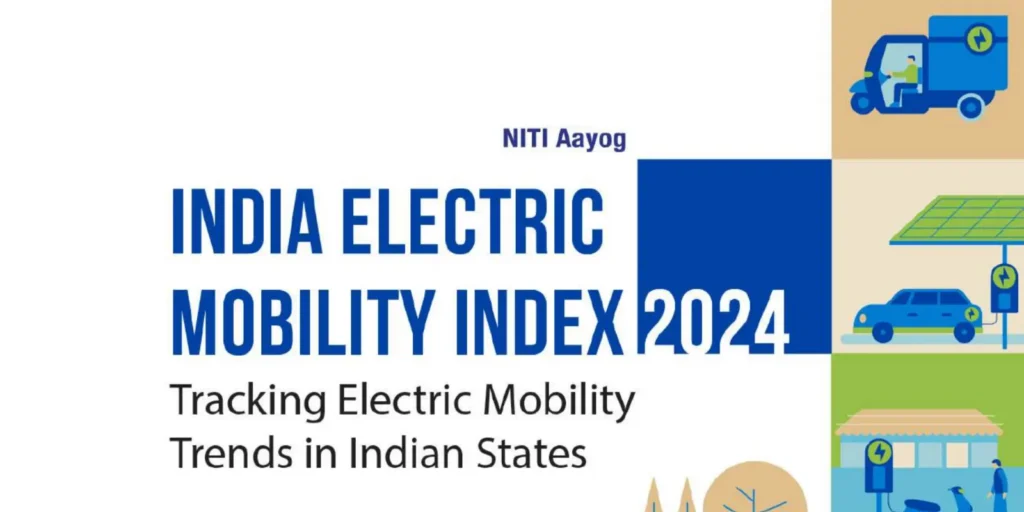The initial test flight of the world’s first all-electric passenger plane has been completed. This has successfully led to the confidence in developing commercial electric flights and gives the hope of making commercial electric flights a dream come true.
Alice the world’s first all electric passenger plane takes its first test flight
The initial test flight of the world’s first all electric passenger aircraft has been successfully completed. On 27 September 2022 morning, the Israeli company Eviation’s Alice all-electric aircraft took to the skies from Grant County International Airport in Washington. The all-electric aircraft’s brief test flight lasted eight minutes, during which it flew to a height of 3,500 feet.
The primary objective of this flight was to gather information to improve the aircraft’s design, which is still a considerable distance from being ready to transport people. After 30 minutes of charging, the aircraft can fly for one to two hours while carrying nine people in addition to the two pilots. The aviation company is reportedly aiming for a 250 nautical mile total range. Its top cruise speed is predicted to be 250 knots (287 mph / 463 kmph).

The aircraft is the most advanced all-electric aircraft to depart the site, and if the Federal Aviation Administration gives it the go-ahead, it could end up being the first all-new electric commercial aircraft. Targeting flights between 150 and 200 miles, or roughly the distance between New Delhi and Agra, it is primarily focused on commuter and cargo aircraft.
After a year or two of testing, Eviation will then begin creating FAA-approved aircraft before putting Alice into commercial service in 2027. The three variants of Alice that Eviation is planning are the Commuter, Executive, and Cargo. The commuter model will have a capacity for 386 kg of cargo, nine passengers, and two pilots. The Cargo version has a space of 450 cubic feet, but the Executive version can accommodate 6 persons.
Since the weight of the batteries is large and affects the effectiveness of the total flight, developing electric airplanes is more difficult than developing electric automobiles or scooters. They are also unable to store enough electricity to travel farther distances. In addition lithium-ion batteries also pose the risk of catching fire when encountered by failure. This safety issue makes hinders people to use electric planes as a mode of transport.

According to Greg Davis, CEO of Eviation, there are still a few years before electric aircraft become mainstream, at least commercially, which depends on the developments in battery technology over the next five years. He also proud that Eviation has successfully electrified the skies and the first flight of Alice would certainly be unforgettable.



